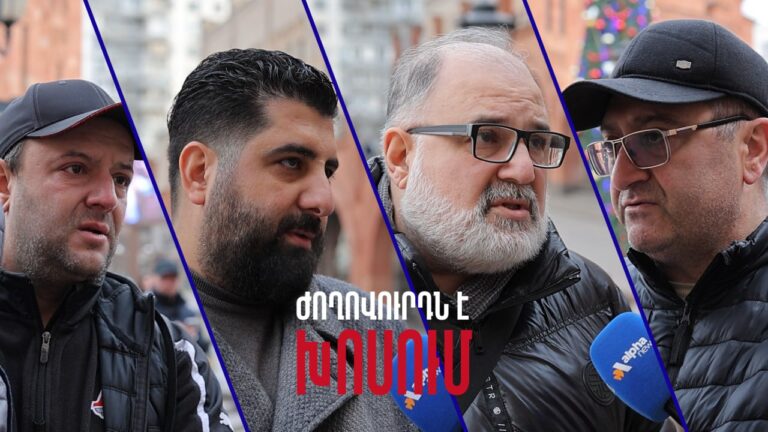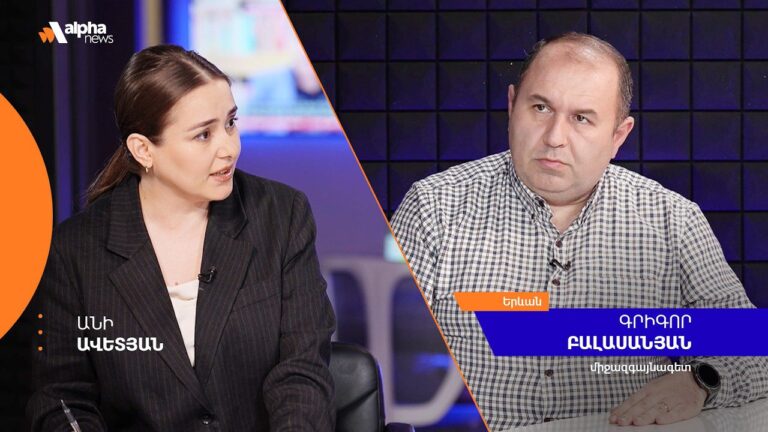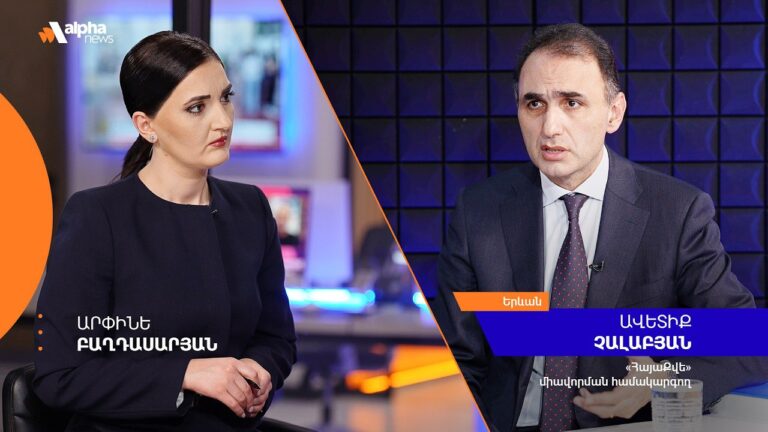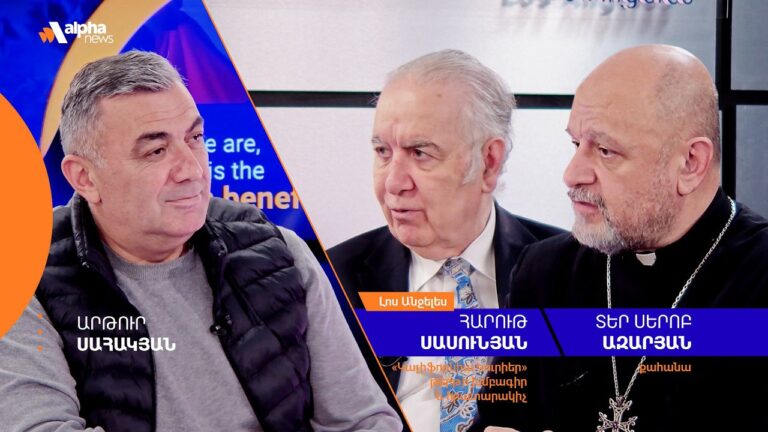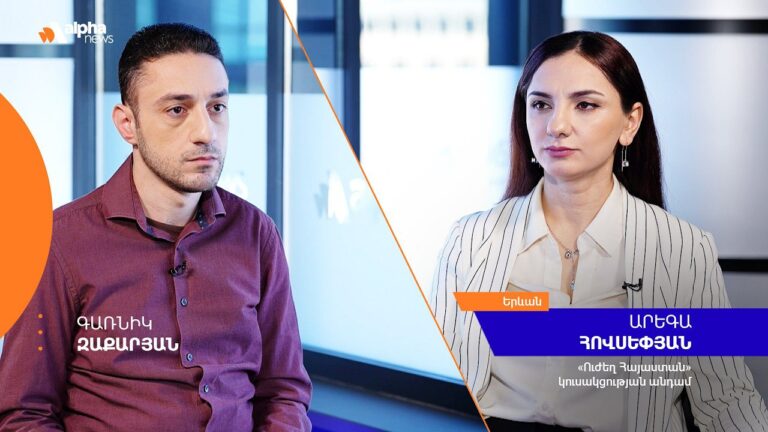Lavrov confirms Russia is not going anywhere from the South Caucasus
December 29 2023, 16:25
Just the day before, we talked about the fact that Russia is not going anywhere from the South Caucasus, as evidenced by the intensification of work on the International North–South Transport Corridor (INSTC), participation in the 3+3 regional platform, as well as the signing of a free trade zone agreement between the EAEU and Iran, and now it has already been confirmed by the Russian Foreign Minister Sergey Lavrov.
In an exclusive interview with TASS on the results of 2023, Lavrov stated that the Russian military base is located in Armenia in accordance with the agreement, and it is harmful to talk about its expediency on the territory of the country.
“We consider it harmful to speculate on the expediency of the Russian 102nd military base located on the territory of Armenia. The agreement on its deployment there was concluded on March 16, 1995, based primarily on the national interests and the common task of our states to strengthen stability in the South Caucasus,” the Russian FM said.
Lavrov noted that today, Russian military personnel are “a key to ensuring peace in the region.”
Moreover, Sergey Lavrov highlighted Moscow’s concerns about the deepening of Armenia’s contacts with NATO, using specific wording that we could hear earlier about Ukraine, noting that the deepening of Armenia’s dialogue with NATO may result in the loss of defense sovereignty.
At the same time, the Russian Foreign Minister stressed that the difficulties in Armenian-Russian relations are temporary and will be resolved if there is political will.
To put it differently, Lavrov clearly indicated that Russia not only does not intend to “leave the region”, but also considers unacceptable even the discourse against the presence of the Russian 102nd military base in the region, and it is worth dwelling on this issue in more detail.
Historically, Russia’s abiding interest was the security and stability of its Transcaucasian borders. These interests not only do not contradict the interests of Armenia but also complement them.
An economically developed and politically stable Armenian state with a modern and combat-ready army is also a guarantee of compliance with Russian geopolitical interests in the South Caucasus region. It is obvious that the Russian military base in Gyumri, as well as the Russian border troops on the Armenian-Turkish and Armenian-Iranian borders, protect, first of all, Russian interests. However, they coincide with the interests of Armenia. The Armenian interest is obvious: protection from Turkiye. The Russian military base allows Armenia not to become Syria. It would be foolish to underestimate this.
To understand the relevance of this fact, it is necessary to refer to two aspects: historical and more modern. Based on its interests, Turkiye, despite all international restrictions and prohibitions, carried out a large-scale military operation against the Kurds in northern Syria in October 2019. Obviously, if it had not been for the resistance of Damascus and for the reaction of the Russian side, official Ankara could have repeated what it did in 1974, “a peacekeeping operation in Cyprus”, which resulted in the occupation of Northern Cyprus. A logical question arises here: what actually prevents Turkiye from doing something similar against Armenia?
To maintain its presence in Armenia, as well as to continue to be perceived by the Armenian people as a partner state, Russia needs to “play the long game” while making a “bet” not only on the military and economic components of cooperation. Political involvement, contact with the Armenian public and the formation of an image of a privileged partner are important.
Armenia’s strategic and allied relations with Russia should not be confused with relations of a vassal nature, and one should not expect that such a format can ever be established.
Russians do not need a vassal either, because in the 21st century it is too expensive to maintain a vassal (ask American taxpayers who “invested” more than a hundred billion dollars in Ukraine last year alone, which has already become the reason for another political crisis in the United States).
Think about it….

